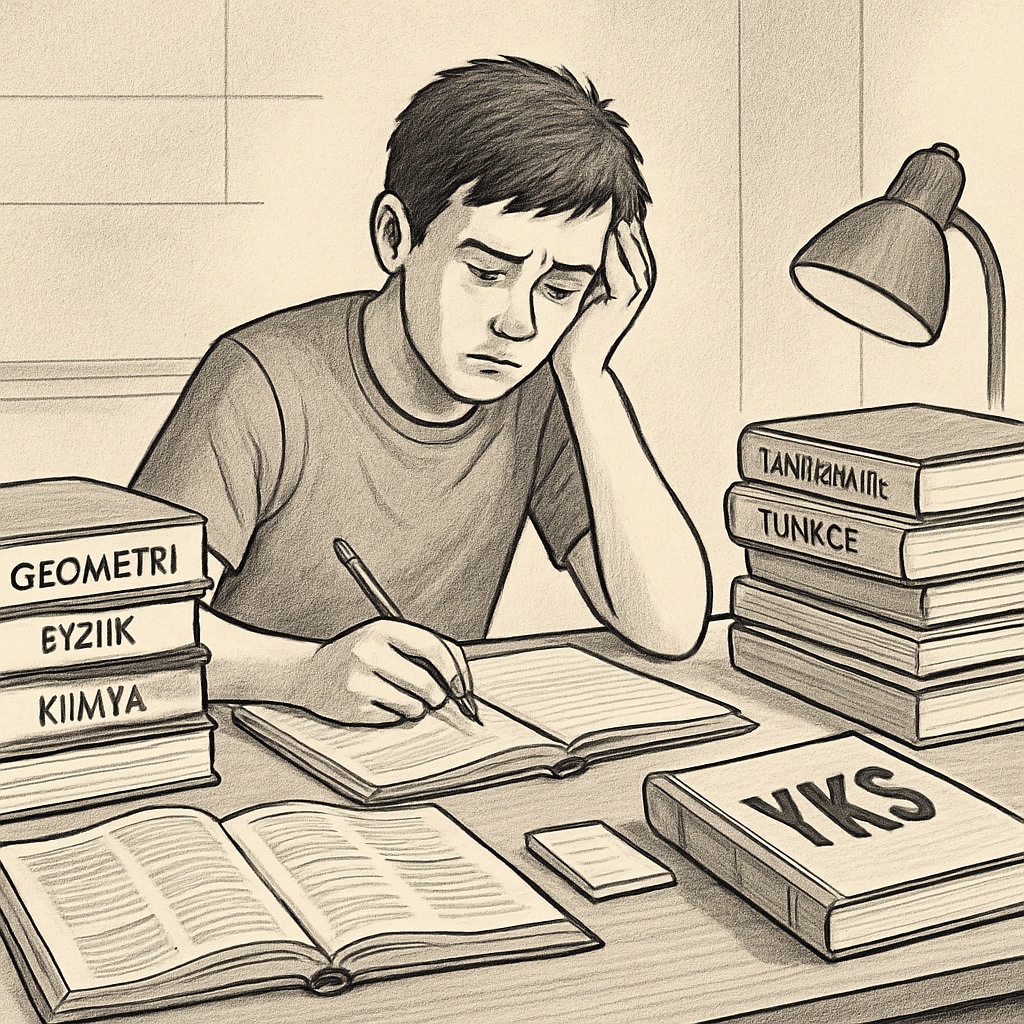Turkey’s centralized education system has long been criticized for creating immense exam pressure and limiting students’ overall development. In contrast, the UK’s A Levels model offers a flexible and comprehensive approach to student assessment. This article examines the core differences between these systems, highlighting the potential benefits of adopting A Levels-inspired methods in Turkey to alleviate stress and cultivate holistic growth among students.
Understanding Turkey’s Centralized Examination System
Turkey’s education system relies heavily on a centralized, high-stakes examination process, particularly for university admissions. The most prominent example is the YKS (Higher Education Institutions Examination), a national exam that determines students’ future academic and career paths. While this system ensures standardization, it often prioritizes rote memorization over critical thinking and problem-solving skills.
Students are subjected to intense academic pressure, as their entire future hinges on performance during a few hours of high-stakes testing. This creates a rigid system that leaves little room for creativity or exploration of individual interests. Moreover, the focus on test preparation often comes at the cost of extracurricular activities, personal development, and mental health.

The Flexibility of A Levels: A Better Alternative?
The UK’s A Levels system stands in stark contrast to Turkey’s centralized model. A Levels allow students to choose specific subjects that align with their strengths and future aspirations, making the process more personalized and less stressful. Typically, students select three to four subjects, which they study in depth over two years. This specialization fosters critical thinking, independent research, and analytical skills.
In addition, A Levels assessments are spread over multiple stages, including coursework, practicals, and written exams. This diversified evaluation reduces reliance on a single test and provides a more comprehensive view of a student’s abilities. As a result, students are better prepared for higher education and careers, with stronger problem-solving and time-management skills.

Key Takeaways for Turkey’s Education Reform
To address the shortcomings of its current system, Turkey could draw valuable lessons from the A Levels model. Here are some strategies that could be adapted:
- Subject Specialization: Allow students to choose a limited number of subjects based on their interests and career goals, reducing the burden of studying a wide range of compulsory topics.
- Continuous Assessment: Incorporate coursework, projects, and practicals as part of the evaluation process, decreasing the dependence on a single high-stakes exam.
- Skill Development: Introduce activities that promote critical thinking, creativity, and collaboration alongside academic learning.
- Support Systems: Provide students with mental health resources and counseling to manage stress effectively.
By implementing these changes, Turkey could create an education system that prioritizes student well-being and long-term success. This would not only reduce exam pressure but also nurture a generation of well-rounded individuals capable of thriving in a rapidly changing world.
Challenges and Opportunities
Adopting elements of the A Levels model in Turkey would require significant policy shifts and investment. Challenges include training educators, revising curricula, and addressing potential resistance from stakeholders accustomed to the current system. However, the long-term benefits—such as reduced stress, enhanced academic outcomes, and a more skilled workforce—make this transition worthwhile.
The UK’s success with A Levels demonstrates that flexibility and personalized learning can lead to better educational outcomes. By embracing similar reforms, Turkey could unlock the potential of its youth and pave the way for a brighter future.
In conclusion, education reform is a complex but essential process. Reducing exam pressure and fostering a more holistic approach to learning should be at the core of Turkey’s efforts. The A Levels model offers a proven framework for achieving these goals, providing valuable insights for a forward-thinking education system.
Learn more: For additional details on the A Levels model, visit A Levels on Wikipedia. For insights into Turkey’s YKS system, check out YKS on Wikipedia.


